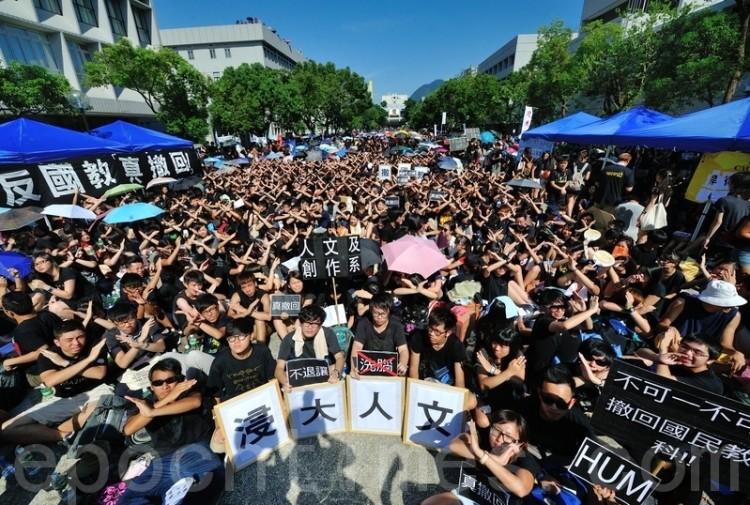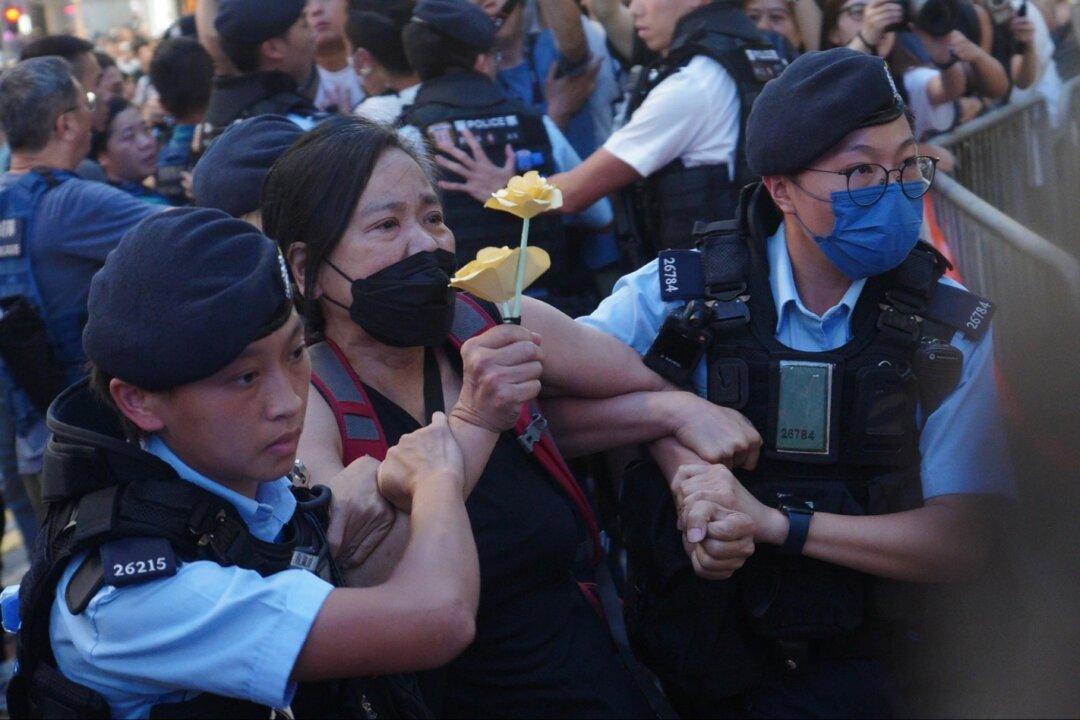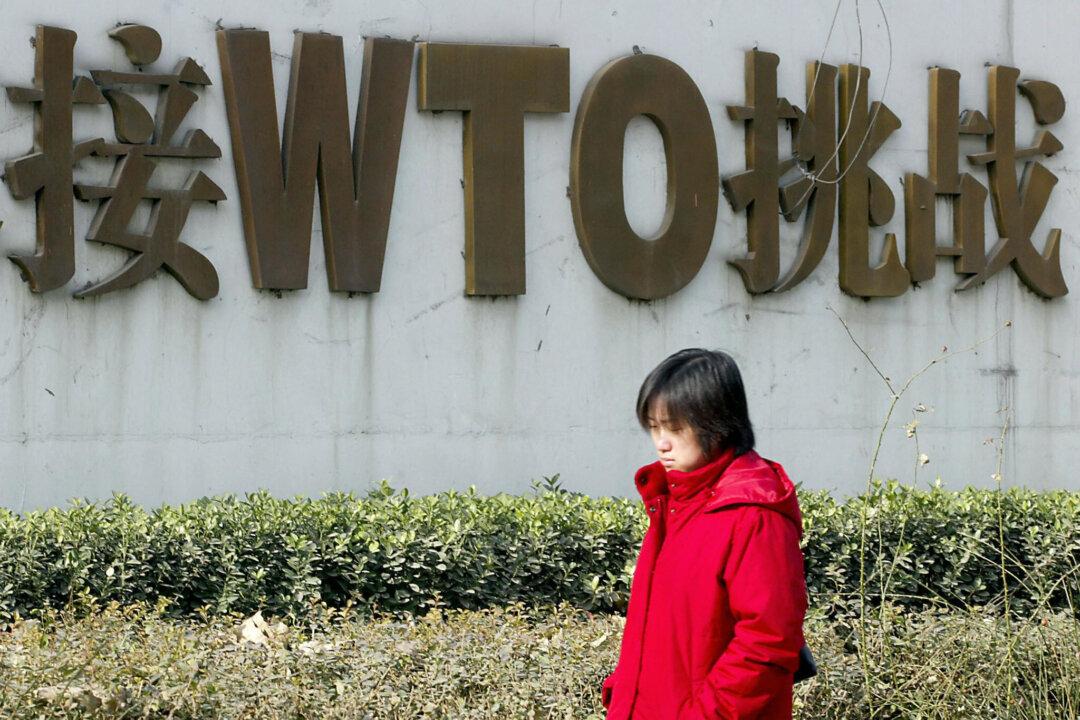Commentary
Xia Baolong, currently Director of the Hong Kong and Macao Affairs Office and former Deputy Party Secretary of Zhejiang who allegedly ordered the removal of thousands of crosses from churches, paid a six-day visit to Hong Kong to officiate in the National Security Education Day.





